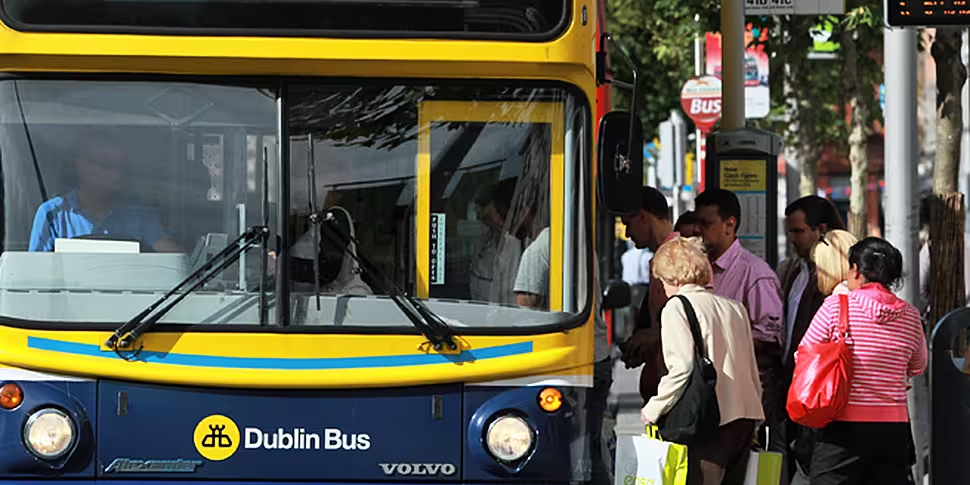Taking public transport to work instead of driving makes people happier, according to a new study. Researchers from the University of East Anglia say public transport is better for people's psychological health.
The report also found that walking or cycling to work is better for people's mental health than driving.
It says that people who stopped driving and started walking or cycling to work benefited from improved wellbeing.
The research also found that 'active commuters' felt better able to concentrate and were less under strain than if they travelled by car.
Lead researcher Adam Martin said "One surprising finding was that commuters reported feeling better when travelling by public transport, compared to driving."
"You might think that things like disruption to services or crowds of commuters might have been a cause of considerable stress. But as buses or trains also give people time to relax, read, socialise, and there is usually an associated walk to the bus stop or railway station, it appears to cheer people up," he added.
The team studied 18 years of data on almost 18,000 18-65-year-old commuters in Britain. The researchers also accounted for numerous factors known to affect wellbeing, including income, having children, moving house or job, and relationship changes.
The study also shows commute time to be important.
Mr Martin said "Our study shows that the longer people spend commuting in cars, the worse their psychological well-being. And correspondingly, people feel better when they have a longer walk to work."
The new report contradicts a UK Office of National Statistics study 'Commuting and Personal Wellbeing, 2014', published in February, which found people who walked to work had lower life satisfaction than those who drove to work, while many cyclists were less happy and more anxious than other commuters.
Crucially, this new research looks at commuters who had changed travel mode from one year to the next, rather than comparing commuters who were using different travel modes at a single point in time.
Mr Martin says the relaxation of the journey on the train or bus is important.









